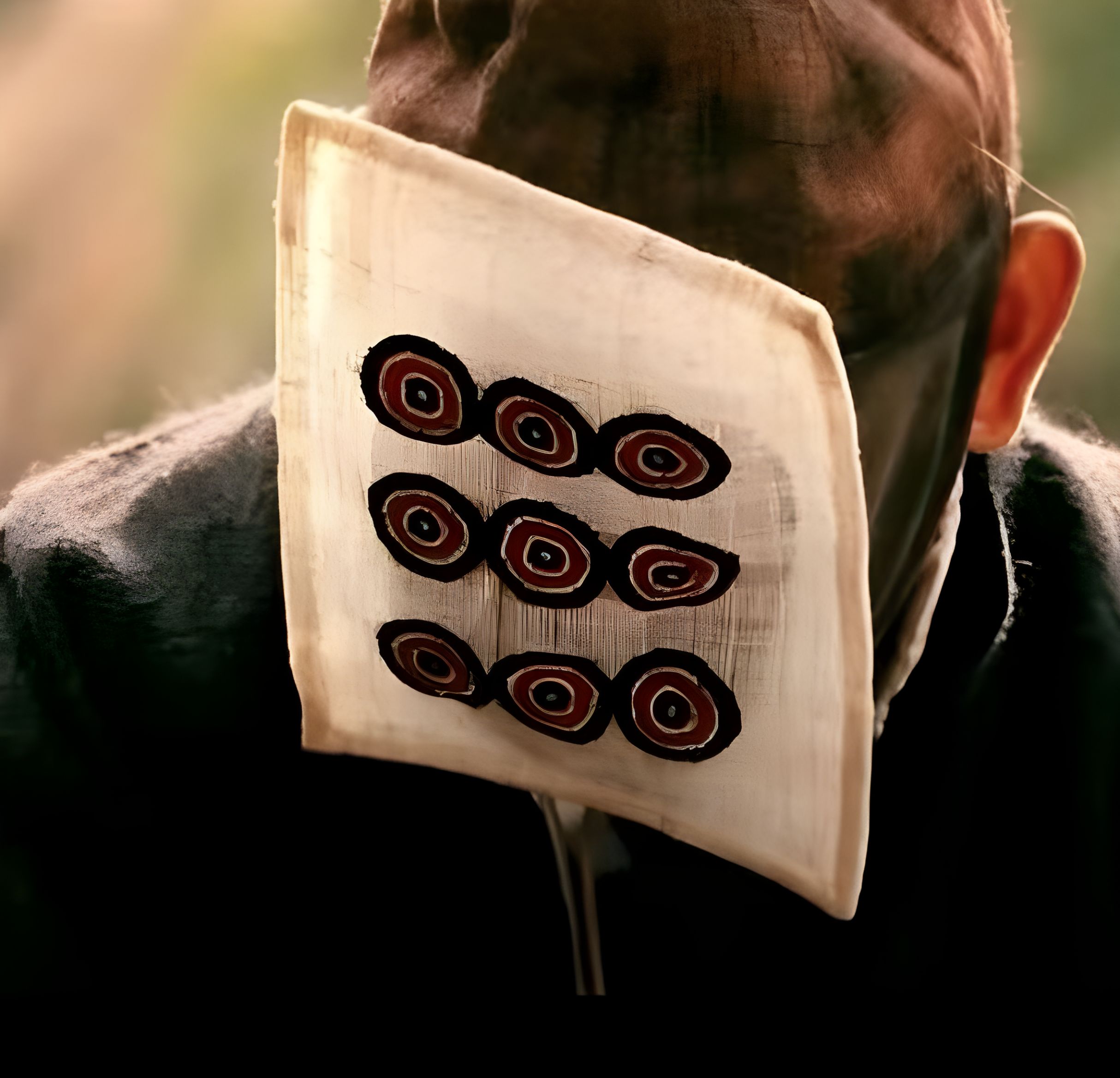大学绝非”群众路线”和”精致利己”的试炼场,上大学的目的是什么?
Published:

1. What’s the Point of College Anyway?
上大学到底有什么意义?
College is often hailed as the “launchpad” for success, a sacred rite of passage where bright-eyed students trade their youthful optimism for the tools and credentials needed to conquer the world. But let’s be honest: the mythology of higher education as the golden key to prosperity and enlightenment is as inflated as a syllabus on the first day of class—ambitious, overwhelming, and rarely fulfilled.
大学常被誉为成功的 “起跳板”,是一场神圣的成人礼,充满憧憬的学生们用青春的热情换取所谓征服世界的工具和文凭。但坦白说,把高等教育神化成通往财富与启迪的 “金钥匙”,就像新学期第一堂课的课程大纲一样,雄心勃勃,却往往难以兑现。
Instead, what college often delivers is a series of contradictions: lofty promises of intellectual transformation paired with an unspoken acknowledgment that most of your peers are here to party, network, or ride the conveyor belt toward a respectable job. Let’s dig into this paradox with a bit of irony, some data, and a good dose of realism.
相反,大学通常带来的是一系列的矛盾:一方面是智识转变的崇高承诺,另一方面却默认你的大多数同龄人来这里是为了派对、社交,或者顺着传送带找到一份体面的工作。

2. The Myth of Success
关于成功的迷思
The first big lie about college is that it determines your future success. Statistically, this is both true and misleading. Yes, attending an elite university correlates with higher income levels and professional prestige. But here’s the rub: this success has little to do with what you actually do in college.
关于大学的第一个大谎言是它决定了你的未来成功。从统计数据上看,这既正确又具有误导性。的确,就读名校确实与更高的收入水平和职业声望相关。但问题在于:这种成功与你在大学里实际做了什么关系不大。
Why? Because the factors that got you into a good school—your parental resources, personal talents, and previous achievements—are the same ones that will carry you through life. Admission itself is the real golden ticket.
为什么?因为让你进入好学校的因素——家庭资源、个人才能和过往成就——同样会贯穿你的一生。录取本身就是”黄金入场券”。
The takeaway? College doesn’t make you successful; it just sorts you into a club of people who were probably going to succeed anyway.
结论是什么?大学并不会让你成功;它只是把你归入那些本来就可能成功的人的圈子。

3. The Skill Delusion
技能的幻觉
Another cherished myth is that college is a crucible where raw intellect is forged into sharp, marketable skills. Critical thinking! Analytical reasoning! Lifelong learning! These buzzwords pepper university brochures, promising to equip students with the cognitive toolkit needed to thrive in an unpredictable world.
另一个广受推崇的迷思是,大学是将原始智力锤炼成尖端、可营销技能的熔炉。批判性思维!分析性推理!终身学习!这些流行词汇充斥着大学的宣传手册。
But let’s examine this critically. Research shows that the actual cognitive growth students experience in college is modest. Most people forget the bulk of what they learn within five years, and the supposed “general skills” of critical thinking and problem-solving are hard to pin down as uniquely products of classroom instruction.
但让我们用批判性的眼光来审视一下。研究表明,学生在大学中实际获得的认知增长是有限的。大多数人在五年内忘记了他们所学的大部分内容,而所谓的”批判性思维”和”问题解决”等”通用技能”很难被证明是课堂教学的独特产物。
4. Education as a Performance
教育作为一场表演
For many students, college isn’t about learning but about performing the role of a learner. You attend lectures, take notes, write essays—checking off boxes while hoping that the process magically transforms you into an “educated” person. But education isn’t a checklist; it’s a mindset.
对于许多学生来说,大学不是为了学习,而是为了扮演学习者的角色。你参加讲座、做笔记、写论文——逐项打勾,希望这个过程能神奇地将你变成一个”受过教育”的人。但教育不是一份清单;它是一种思维方式。

5. So Why Bother?
那为什么还要上大学?
If college doesn’t guarantee success, doesn’t reliably build skills, and often fosters shallow learning, why go at all? The answer lies in redefining what education is supposed to be.
如果大学不能保证成功,不能可靠地培养技能,而且经常助长浅薄的学习,为什么还要上大学呢?答案在于重新定义教育应该是什么。
Education, at its best, isn’t about acquiring facts or skills—it’s about cultivating a habit of mind. It’s about learning to see the world in richer, more complex ways. An educated person doesn’t just memorize data; they interpret, question, and imagine.
最好的教育不是获取事实或技能,而是培养一种思维习惯。 它是学习以更丰富、更复杂的方式看待世界。受过教育的人不仅仅是记住数据;他们会解读、质疑和想象。

6. The Freedom to Seek
追求的自由
Ironically, the greatest value of college is also its greatest challenge: the freedom to seek education for its own sake. Unlike high school, where every step is dictated by external pressures, college offers a rare opportunity to explore without immediate consequences.
具有讽刺意味的是,大学最大的价值也是其最大的挑战:为教育本身而追求的自由。不同于每一步都被外部压力支配的高中,大学提供了一个罕见的机会,让你在没有直接后果的情况下探索。
The truly educated student embraces the randomness and risk of intellectual exploration. They take classes that challenge their assumptions, engage in debates that make them uncomfortable, and pursue ideas that don’t fit neatly into a career plan.
真正受过教育的学生会拥抱智力探索的随机性和风险。他们选修挑战自己认知假设的课程,参与让他们感到不适的辩论,追求不完全符合职业规划的想法。
7. The Aimlessness of Education
教育的无目的性
Paradoxically, the aim of education is to have no aim. It is not a tool to achieve something else but a way of expanding your experience of the world. College isn’t about preparing for the future; it’s about living fully in the present—about becoming the kind of person who can find meaning and purpose wherever they go.
矛盾的是,教育的目的在于没有特定的目的。它不是实现其他目标的工具,而是扩展你对世界体验的一种方式。大学不是为了准备未来;而是为了在当下充分生活——成为那种无论走到哪里都能找到意义和目标的人。
So here’s the real question: What will you do with this freedom? Will you treat college as a checklist, a stepping stone, or a grand experiment in becoming more fully human? The choice is yours.
所以真正的问题是:你将如何利用这份自由?你会把大学当作一份清单、一个垫脚石,还是一次让自己更完整的人生试验?选择权在你手中。
转自:微信公众号原文
